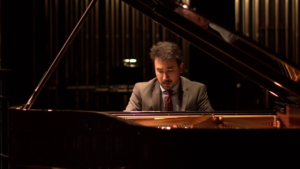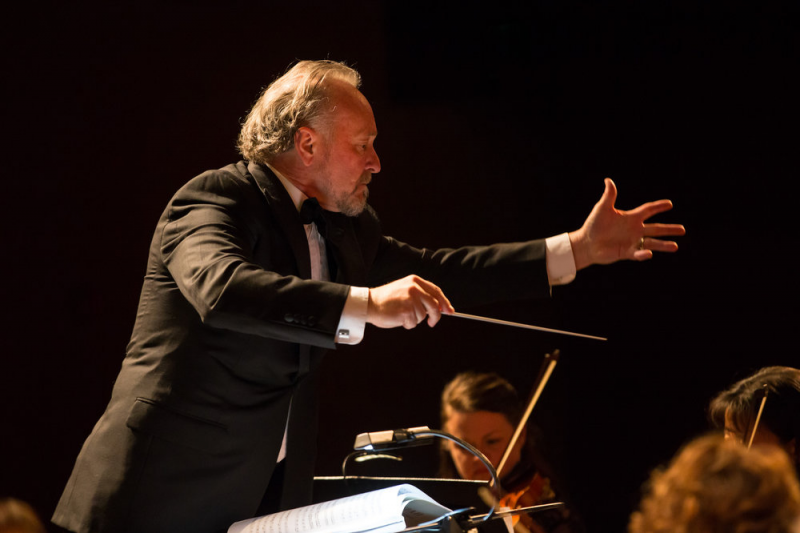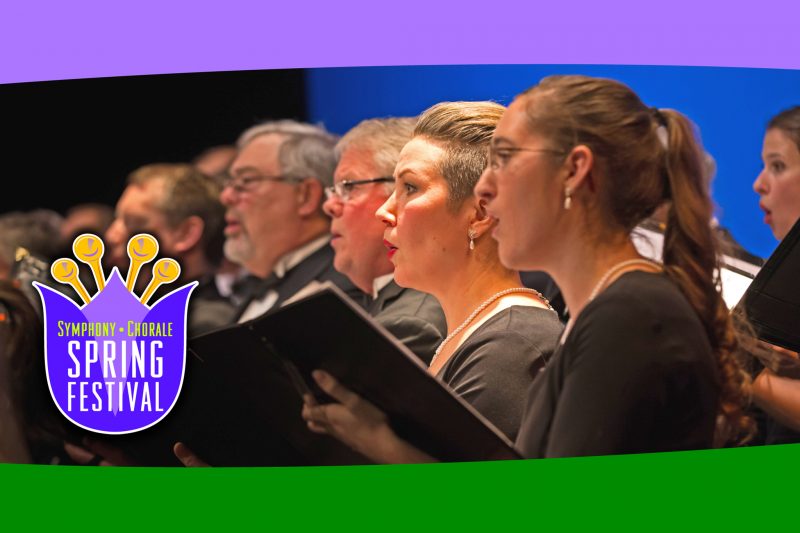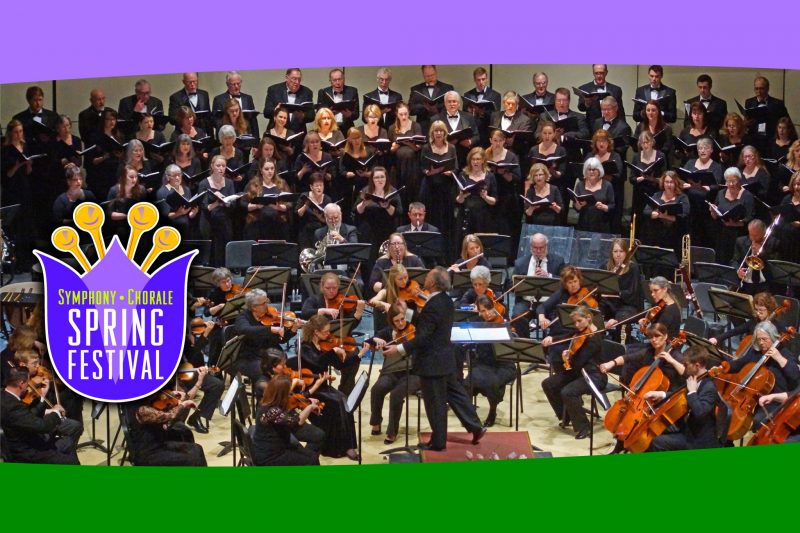Glacier Symphony ushers in the return of beautiful weather and the completion of its successful 36th concert season with a Spring Festival, April 26-28 in Kalispell. The celebration highlights the full orchestra and chorale in three distinctly different concerts.
Music helps share our stories. It allows us to hear one another, share our experience of it and invite each other in. And what better way to share in the majestic transformation this season embodies than to enjoy a powerful concert of symphonic music?
John Zoltek, music director and maestro of the Glacier Symphony, reflects on the 36th season’s artistic high points. “This has been a tremendous season with a number of sold-out concerts such as Handel’s Messiah and the elegant Gershwin Gala. Patrons also shared how moving the Scheherazade concert was for them.”
He describes the Spring Festival as a “fitting finale” with performances of great works by Beethoven, Brahms, Schumann, Holst, Wagner and others. “It offers sublime and dynamic music that will showcase both our wonderful chorale, directed by Dr. Micah Hunter, and our fabulous orchestra,” he notes.
Spring Festival #1: Glacier Chorale
The festival opens Friday, April 26, with the powerful, 70-voice chorale in “Love’s Unending Song.” Glacier Chorale conductor, Dr. Micah Hunter, has chosen a varied repertoire of songs about love, including “A Boy and Girl” and “This Marriage” by Eric Whitacre, “O’ My Luve’s like a Red Red Rose” by David Dickau, and “I Love my Love” by Gustav Holst.
Hunter has also programmed “An Irish Blessing,” a work he penned, along with a selection of music dedicated to former chorale conductor James Stannard. The concert begins at 7:30 p.m. at Glacier High School’s Performance Hall.
Spring Festival #2: Beethoven and Mozart

Beethoven and Mozart bring the Glacier Orchestra front and center Saturday, April 27, under the baton of Maestro Zoltek. He has paired Mozart’s popular and tuneful 40th Symphony in G minor with Beethoven’s dynamic Piano Concerto No. 1. Joining the orchestra for this work is pianist Scott Cuellar.
Zoltek notes that Beethoven, like Mozart before him, used his Piano Concerto as a personal performance vehicle to display his virtuosity and to awe his audiences. “This first concerto (actually the second he composed) is a prime example of Beethoven’s early period, with a strong nod to the classic style, but with his powerful stylistic stamp written all over the piece.”
Scott Cuellar will make his debut performance with the Glacier Symphony in this dynamic work. A graduate of the Julliard and Oberlin schools he is currently pursuing a doctorate at the Shepherd School of Music at Rice University. Cuellar has performed professionally with a variety of orchestras and festivals nationwide, and has given recitals in many noted venues, including Carnegie Hall.
The concert begins at 7:30 p.m. at Flathead High Performance Hall.
Spring Festival #3: The Song of Destiny
The Song of Destiny Finale, at 3 p.m. Sunday, April 28, at Flathead High, brings together the full power of the orchestra and chorale in what Zoltek describes as a romantic musical indulgence.
The orchestra opens the concert with Wagner’s evocative Prelude from his opera “Tristan and Isolde,” based on a fabled tale of betrayal and ill-fated love. The chorale then joins the orchestra for one of Brahms’ best choral works, “Schicksalslied” or “Song of Destiny,” inspired by a luminous nature/spirit poem by German poet Holderlin.
Zoltek explains that Brahms’ moody and gorgeous work was composed at the height of his compositional mastery and illustrates his love of choral writing; the composer was an advocate of choral groups and societies for many years.
The festival concludes with Schumann’s remarkable Symphony No. 3, “Rhenish” – his tribute to the Rhine River and its cultural associations. “Its initial movement can be called heroic and triumphant with surging melodic waves and constant rhythmic grounding,” says Zoltek. “It’s going to be great!”
For tickets, call 406-407-7000 or visit www.gscmusic.org.


